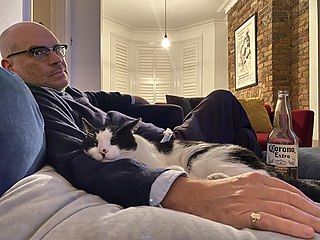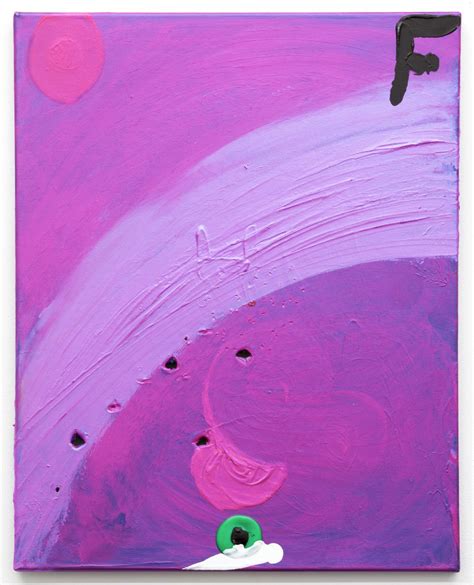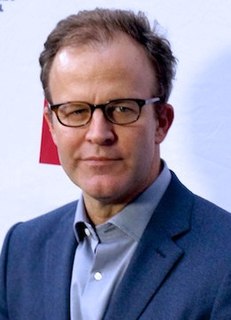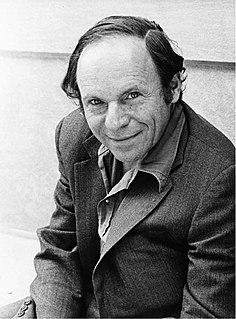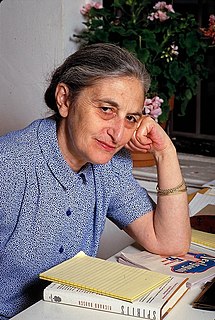A Quote by John Michael McDonagh
Eventually, in the editing movie you have to look at it as if you hadn't written it. So, you have to be a bit more brutal.
Related Quotes
I watched a lot of movies from all over the world. The Russians were very good at editing. They were specialists in editing. The Man with a Camera, if you know that movie, is incredible. I still don't understand how it works. It's a movie with no script, no actors and still it works. It's really good. It's really about editing.
In editing, you really face what the movie is. When you shoot it, you have this illusion that you're making the masterpieces that you're inspired by. But when you finally edit the movie, the movie is just a movie, so there is always a hint of disappointment, particularly when you see your first cut.
All three parts of filmmaking [writing, shooting, editing] contribute to rhytm. You want the script to be a tight as possible, you want the acting to be as efficient as possible on the set, and you have enough coverage to manipulate the rhythm in the editing room, and then in the editing room you want to find the quickest possible version, even if it's a leisurely paced film. I definitely in filmmaking more and more find writing and directing a means to harvest material for editing. It's all about editing.
When we were shooting the movie, and of course in the editing room we had to make choices, but the shots fall almost exactly where we thought they would. They're not about content; they're never meant to be about what just happened. There's that weird phenomenon where the more you like a movie the more your mind wanders and goes all over the place.
Film, for me, is in two stages. One is when I write the script more or less on my own - that's the nice bit. And then comes for me the unpleasant bit when they all go off, 100 people - actors and camera people and film and sound - and I stay away. When they go into the editing room, I come in again, and that's the bit I like.
